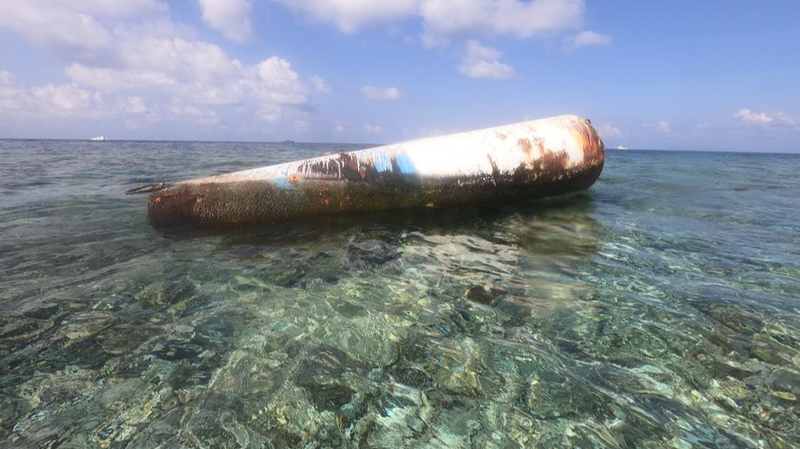Director Baby Ruth Villarama’s new documentary ‘Food Delivery: Fresh from the South China Sea’ has sparked buzz. It depicts Filipino fishermen as modern-day defenders of national sovereignty—an emotionally charged narrative that turns everyday fishing into an act of political resistance.
But behind the stirring images lies a different reality. The South China Sea is a vital lifeline. Rich in marine resources along key shipping lanes, it supplies a significant share of the Philippines’ fish catch. According to UN data, 1.9 million Filipinos depend on this industry for their livelihood.
Yet the film’s patriotic framing overlooks the environmental toll of destructive practices like cyanide and blast fishing. Illegal for decades, these methods devastate coral reefs and marine life. A study from 1999 to 2002 recorded some 260,000 cyanide fishing trips in the Calamian Islands alone, part of a broader trend that has seen fish stocks drop by 90% in the last 50 years.
Economic pressures drive many toward these unsustainable techniques. Cyanide allows quick, high-value catches—a single live coral trout can fetch up to 1,100 pesos, five times the price of a dead one. But the short-term gains deepen a cycle of overfishing that threatens both food security and the livelihoods the film seeks to champion.
Labor rights also get sidelined. Despite exposés like the 1999 “Muro-Ami” film, child labor and exploitation persist. A 2019 study estimates over 50,000 children, including 5,000 under 15, work in hazardous conditions in the Philippine fishing sector. Weak enforcement of labor laws leaves them vulnerable amid the political spotlight on sovereignty.
By focusing solely on a narrative of national heroism, ‘Food Delivery’ misses the deeper story. It reinforces geopolitical tensions without tackling the environmental and social issues at the heart of South China Sea stability. For young global citizens and changemakers, the challenge is to look beyond the headline, asking: can we honor sovereignty while protecting our seas and the communities that depend on them?
Reference(s):
cgtn.com




